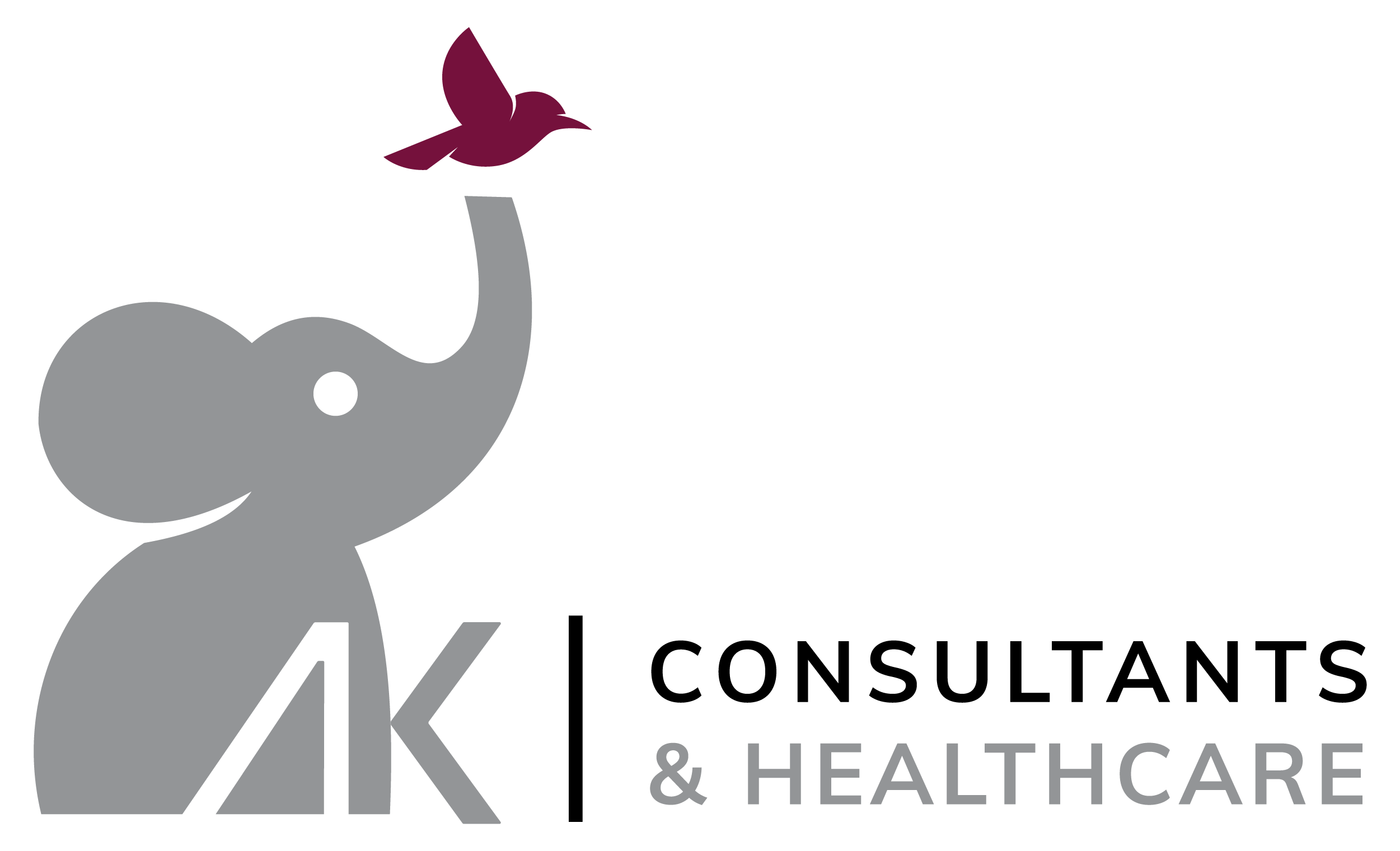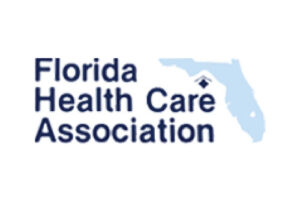It’s imperative that your website works hard to impress and fulfill the needs of your visitors. Though, ensuring that your website performs to perfection isn’t easy. The key is focusing in on the factors that affect website performance and knowing how to interpret them. Learning how to analyze website performance goes a long way to improve search engine ranking and ensure your website ends up on top.
Meeting the needs of website visitors can be challenging. Visitors demand excellent quality design, rapid loading and response times, interactive media, and more. The catch is that increasing the number of elements on page can potentially increase the risk of something going wrong. Website performance matters. That’s why it’s important to know you can do to improve your website’s SEO performance.
How Do You Measure Against the Competition?
A good place to begin when learning how to analyze website performance is to measure the competition’s as well. Knowing how well your competitors are doing and where you measure up against them gives you a strong starting point. This will provide you with a better idea of what is website performance and how your website performs.
Luckily there are free website performance tools you can use to assess the competition in your industry. You could also try searching for essential keywords to see how they rank. Understanding how your competition ranks also gives you an idea of why website performance matters. When you know how they rank better than you – assuming they do – you’ll understand the critical factors you need to improve upon.

Test Website Speed
When it comes to how to measure the performance of a website, how quickly it loads is a huge one. In fact, 47% of visitors expect a web page to load in two seconds or less. They may leave if it doesn’t meet their expectations.
There are plenty of free website speed test tools out there that can help with this. Fortunately, there are several ways to increase website loading speeds if it is too slow, such as removing some plugins or compressing images and video content. These days people demand instant gratification, so no one will have the patience to wait more than a few seconds for a website to load.
The Number of Appropriate Backlinks
What are website backlinks? Website backlinks are another essential part of good SEO. A backlink is when someone creates a link from their website to yours. The more of these you have, the better. Keep in mind, not every backlink has the same positive effect. Search engines prefer that you choose quality over quantity when it comes to backlinks.
This means the backlinks should be appropriate to your website. They should come from websites related to your industry. Building links to relevant websites also builds your authority. In turn, more people will see you as a trustworthy source. Becoming an authority in the field is another way to improve your website SEO performance. This is another reason you need appropriate backlinks—too many unrelated spam-quality backlinks actually reduce your authority and your online ranking with it.
How Much Content You Have
Content is—and will always be—king when it comes to SEO. The more content you have, the more chances you have to rank high on search engine results. If you don’t already have one, consider utilizing a blog where you share industry news, tips and tricks, and other interesting self-written pieces.
Increasing the amount of content you have gives you more chances to earn backlinks from others in the field. Well written and researched content is shareable content. People will want to share your content with others and spread the word, so they link back to it on social media or their own website, creating another backlink in the process.
How Many Visitors Do You Have? How Long Do They Stay For?
Visitor count is an obvious metric for how your website is performing. The better the quality of your website, the more people it should attract. Visitor count is also an indication of your placement in search engine results. A high visitor count is a sign your website performs well.
It’s not just about how many people come to your site. How long visitors spend on a website can be as important as the number of connections in the first place. It doesn’t mean much if the average visitor spends a few seconds on your website before disconnecting. This, for example, can be a red flag that your website takes too long to load. Try decreasing loading time and see if this metric changes. Look at average visitor count and visit length, and think about what the information tells you.
How Are Your Paid Ads Doing?
If you’re going to pay for advertising, you want to know that it’s performing how you expected. Facebook Ads and Google Ads—along with most other ad platforms—have plenty of analytical tools to assess how your ads perform.
If you haven’t considered it before, investing in ads has long-term benefits, such as generating more organic traffic even after the campaign is over. Tweak your ads until they perform their best for the most effective long-term results from the short-term solution paid to advertise.

Factors That Hurt Your Ranking
Understanding the different factors affecting website performance is crucial to correcting those mistakes. Here are some of the things to pay attention to.
Too Many Plugins
While plugins can give your website increased functionality, not all plugins are created equal. All plugins use up resources and can slow down your website, some more than others. Because of this, think carefully about how many you have and which ones you really need. Removing unnecessary plugins is one of the easiest ways to improve your website’s SEO performance because it makes your site load faster.
Large Image Files
Media such as images and videos are an essential part of web content. They serve a purpose beside looking pretty. Images can break up the flow of a long written post and offer an exciting way to share information. The problem is that images can also significantly affect website loading times and user experience. You need to strike a balance between image quality and the file size of images. Upload a high-quality image that is still small enough to load quickly.
404 Errors
You’ll want to avoid 404 errors at all costs. One of the critical features of a free website performance tool is checking for 404 errors. Broken pages and links have a significant adverse effect on the user experience and are something that Google and other search engines will heavily penalize you for. It’s imperative to remove any dead links from your website. Be sure to update links as appropriate to keep them connected.
Final Thoughts
The real test of how your website performs is whether or not you actively get new customers each month. The more new customers you get, the better your website is performing.
At AK Consultants & Healthcare, we know our way around a website. Get in touch to learn more about how we can improve search engine ranking, better your search engine keyword ranking, and increase overall website performance.






Leave a Reply